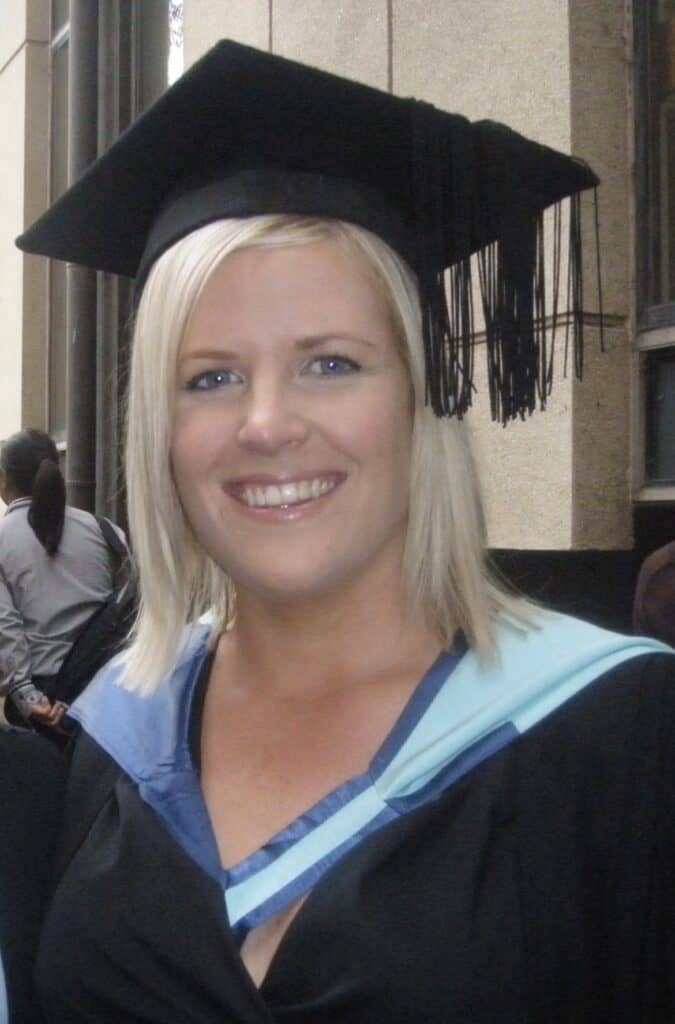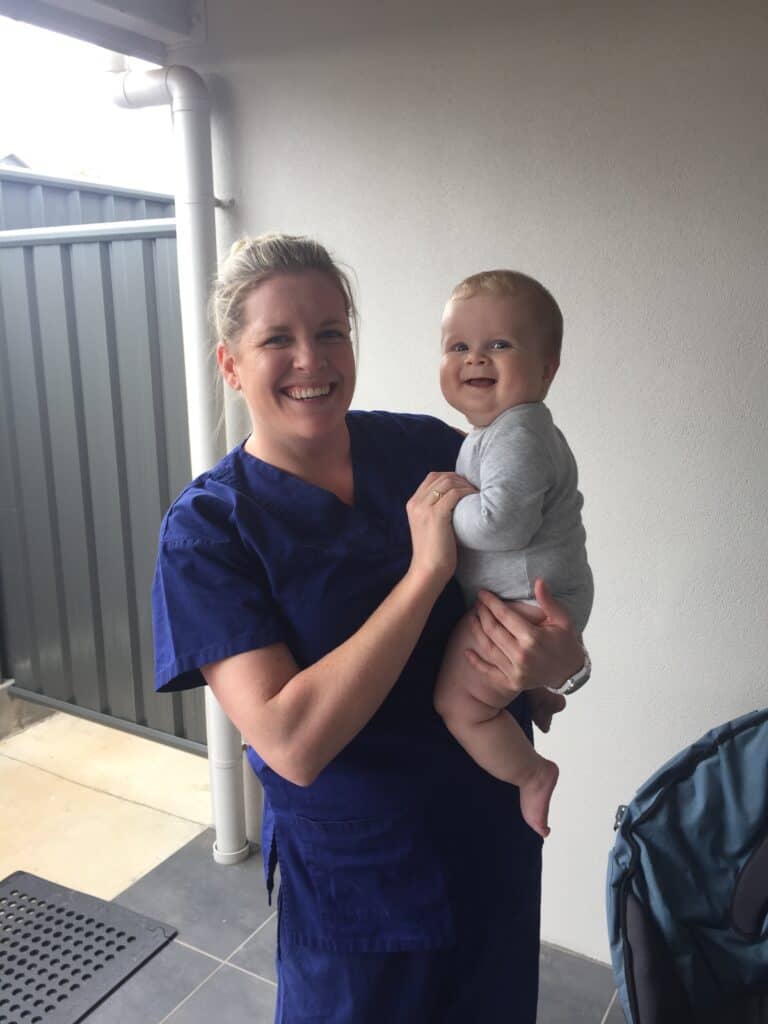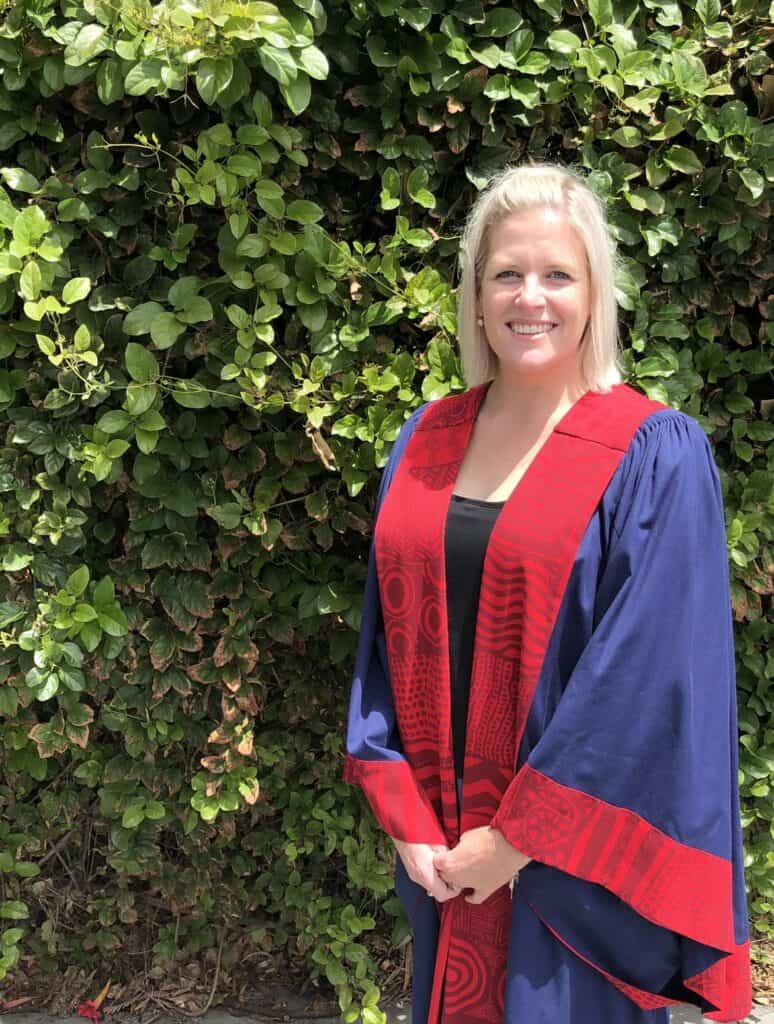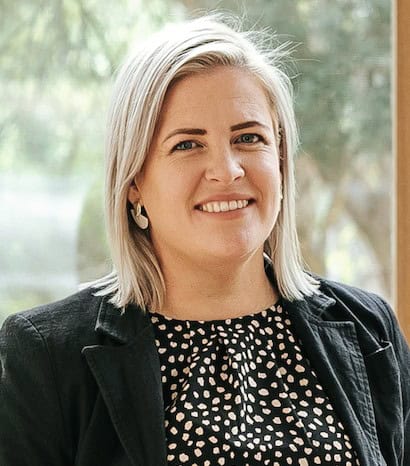When I went through medical school I had a pretty rigid image in my head of what a doctor looked like.
- Stethoscope around the neck
- Seeing patients clinically day in, day out
- Caring, empathetic and responsive to their patients
- Whip smart
- Never faltering or making a mistake
Whether I admitted it to myself or not back then, the image in my head was that of the ‘TV doctor’ I had seen through out my life mixed with the inspiring example of our childhood General Practitioner who was a kind and heroic constant in the life of an accident prone child like me. He once spent hours painstakingly pulling pieces of gravel out of my knee after I face planted into the road and rolled down a hill as a child. A doctor to me was someone who sacrificed their own needs to fix, heal and serve others. To a self sacrificer like me, it felt like a natural calling. One day I too would be one of those doctors I saw the image of in my head.



I worked hard (as we all do) to make it through medical school, committed to the demands of junior doctor years, managed to some how balance motherhood and specialty training as I worked towards and achieved my fellowship in General Practice. Life felt hard, monotonous and often overwhelming as I walked the conveyor belt of the ‘Medical Treadmill‘ towards what I thought was the end goal… fellowship. This was without ever actually fully considering what that end goal looked like to me in the specific life I was creating. You see, life came second to Medicine. Life was on hold for Medicine.
The ‘end goal’ was not actually fellowship in my chosen speciality.
Dr Emily Amos
The end goal was being able to finally put life ahead of Medicine for the first time in my adult life.
Not long after I reached that seemingly unreachable point… the pot of gold at the end of the rainbow… fellowship, I fell in a heap. I burnt out basically on the finish line of all of that effort as I finally stepped into the role I had idealised and visualised for myself for all that time. Having spent almost half of my life by that stage working towards this goal I had set for myself, burn out felt like a crushing defeat.
Broken, defeated and scared, I faced the very real possibility of never being able to go back to a career that I had devoted my adult life to being able to practice. I didn’t ‘look like’ doctor. I didn’t look like anything other than a shell of the once vibrant and happy person I’d always been.
This moment of despair for me formed the catalyst for an amazing change in my life.
In the years since reaching that point I have devoted my professional life to the pursuit of supporting other doctors who feel that unavoidable inertia of the Medical Treadmill. To sparking conversations about how difficult it can be to find a balance between taking care of others, and taking care of ourselves. But more than anything, to continually learning how to be vulnerable. My natural pull towards trying to stay in control and caring for others has been an asset in medicine. I am a very good doctor because of it. But at times, these traits can lead me to be not such a great human as I find it difficult to accept help and show kindness towards myself and my mistakes.
So here, I reflect on some of the things that made it difficult for me to feel like the doctor I thought I should look like as well as how I’ve come to embrace the doctor I now am.
FIXED MINDSET
Doctors are people too.
I grew up idealising doctors- both my GP and those I saw on TV. This isn’t a bad thing, doctors have incredibly demanding jobs and deserve the respect that earns. But in an age of #healthcareheros I think it’s important to remind ourselves that doctors are not super human, that there is no course at university that removes our vulnerability and humanity from us. We will still have to balance life and all the stressors that go with it with the expectation of caring for others.
Learning how to challenge the subconscious image I held of what a doctor “should look like”, meant that I needed to become aware of it in the first place. This was a complete blind spot for me in the beginning. I didn’t even realise how concrete I had become in my views. So in the last 3-4 years as I have begun to break the medical mould and look increasingly different to my peers in how I practiced, I actually needed to reconsider what “being a doctor” meant to me and how much of my identity had been unknowingly tied up in that image I held. Learning who I was as a person- what my hobbies were, what more core values are and what things I was really passionate about. I had to leave behind the security of my mental image of a doctor and find out for myself who I was and what I wanted from life.
This sort of self inquiry is tough- both in the time and energy that it requires, but also in the personal beliefs and feelings that it challenges. Psychology, coaching, counselling, heartfelt conversations with friends and family- this is the sort of work that is best shared with those who want to support you.
SELF COMPASSION
Being kind to myself doesn’t come naturally to me. I am a perfectionistic, type A kind of person who has used guilt and self criticism as a tool to help me to achieve great things through out my life. I feel pretty confident in my assertion that I’m not the only one of these in medicine. So, I have had to invest time and a lot of energy (and continue to on a daily basis… this is going to be a life long lesson for me) into the practice of self compassion.
Self compassion isn’t just telling ourselves we’re wonderful. Self compassion as a practice is about so much more than words. It’s about learning how to respond to mistakes and set backs in our lives with the sort of kind eyes that we would for someone we hold in unconditional positive regard- like our children. It’s about noticing our natural tendency to ‘other’ ourselves- to accentuate our failures and compare them to others, with near total disregard of our wins- and replace it with a voice that gently reminds us of our common humanity. That we are not alone in our struggles.
Self compassion is the basis for my work today. If I had to nominate myself an area of focus & skill as a doctor, it would be self compassion and the flow on effects that practice has on so many aspects of our lives. But rather than an expert, I would call myself an ‘evolving practitioner’. It is what soothes the rabid voice of my Imposter Syndrome when it rears it’s ugly head to say “you’re not even a ‘real’ doctor anymore” and reminds me that my desire to help and heal others is actually mutually exclusive to that mental image I used to hold of what a doctor ‘should’ look like.
GROWTH MINDSET
This is the natural extension to my observation about how fixed I once was in my thinking processes. Sometimes referred to as ‘entrepreneurial mindset’, this is the ability to consistently view set backs as learning opportunities and challenges as chances to shine. This is not toxic positivity- where we down play true adversity in our lives. But it does prompt us to find the growth that is possible in even the most difficult of situations by encouraging us to not consider growth as only a linear process.
This hasn’t always been me. Truth be told, I actually probably enjoyed the apparent security and certainty that the Medical Treadmill offered me. A clearly set out path towards a far off goal… I didn’t need to think too much about it, I just needed to keep marching towards it. So to see my life now as I lean out onto different growth edges, uncertain of how things will eventuate, I almost don’t recognise myself.
What growth mindset gives us is the freedom to see that growth can occur in many different directions from one nexus. That if our desired path doesn’t eventuate, we can “choose our own adventure” to lean out to other aspects of ourselves and our experiences. It’s scary and unbounded, but liberating and eye opening in its simplicity. Medicine doesn’t always foster growth mindset as we increasingly are asked to fit into ever smaller boxes and classification systems.
Maintaining varied lives- be they hobbies, interests, research, relationships, side hustles… what ever they are, they give us the freedom to explore our growth edges even when the rigidity of the medical world might stifle them. And increasingly, we are seeing that the medical world is embracing the idea that there is more to us than simply our medical degrees. We are diverse and beautiful people who represent the rich tapestry of life across our ranks. Learning how to be proud of the person we are outside of our doctor roles is very much part of embracing our growth edges.
So, do I look like the sort of doctor I thought I would be when I started studying medicine?
Not at all.
But I feel more like a doctor than I ever have in my life because I’m living in alignment with my goal of helping others, I’m holding true to my roots as a scientist as I test new hypotheses in my own life, learn & evolve and bravely leaning into the discomfort of my growth edges as I remind myself that there is strength to be found in vulnerability.
Do you look like the doctor you thought you would when you started this journey?


